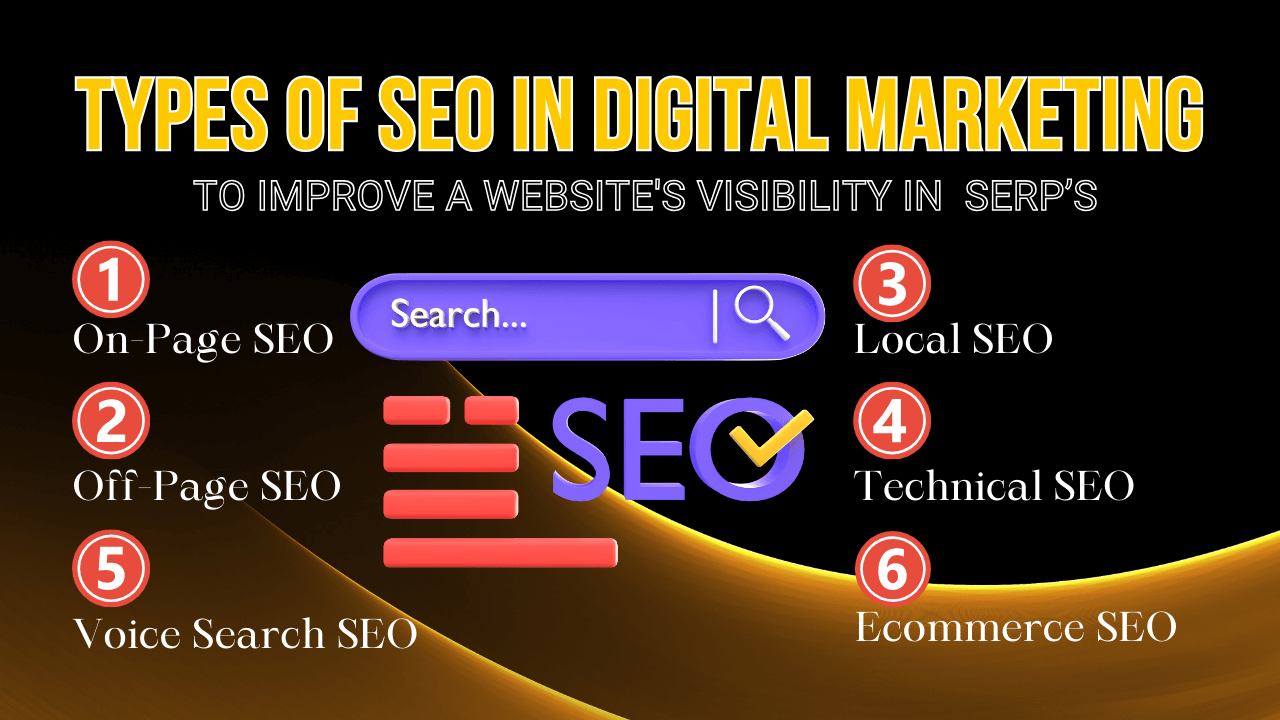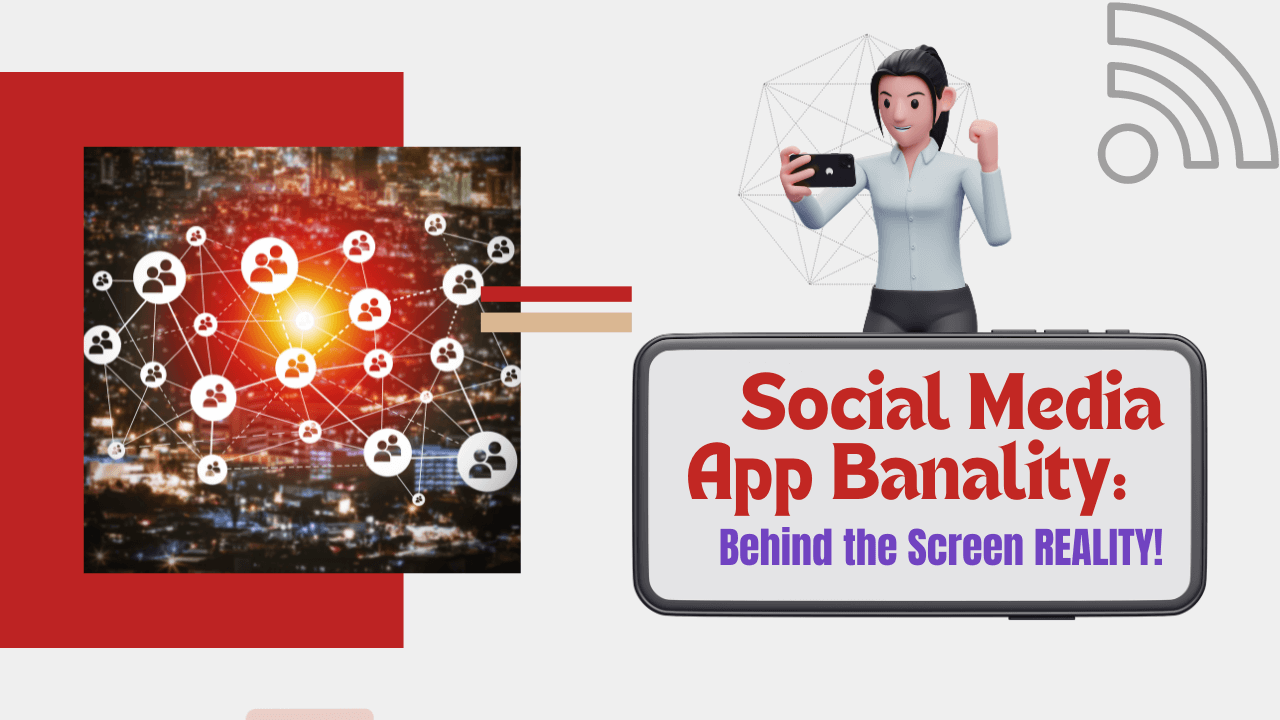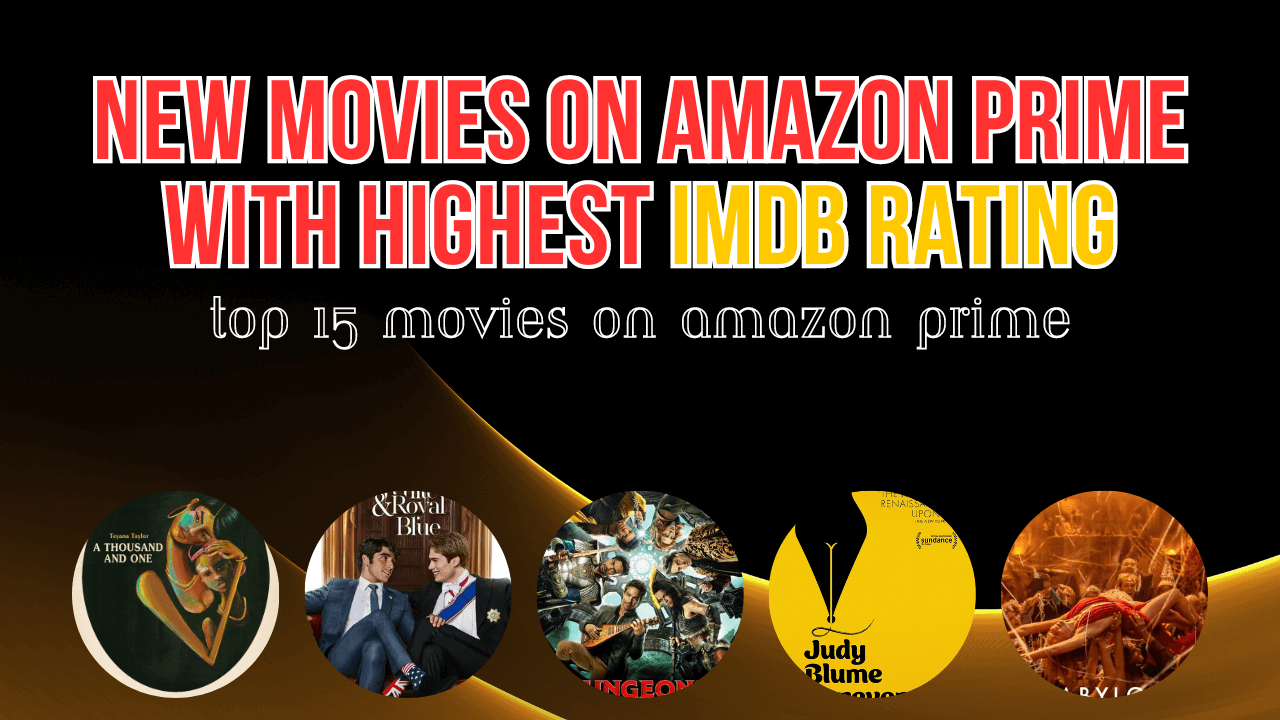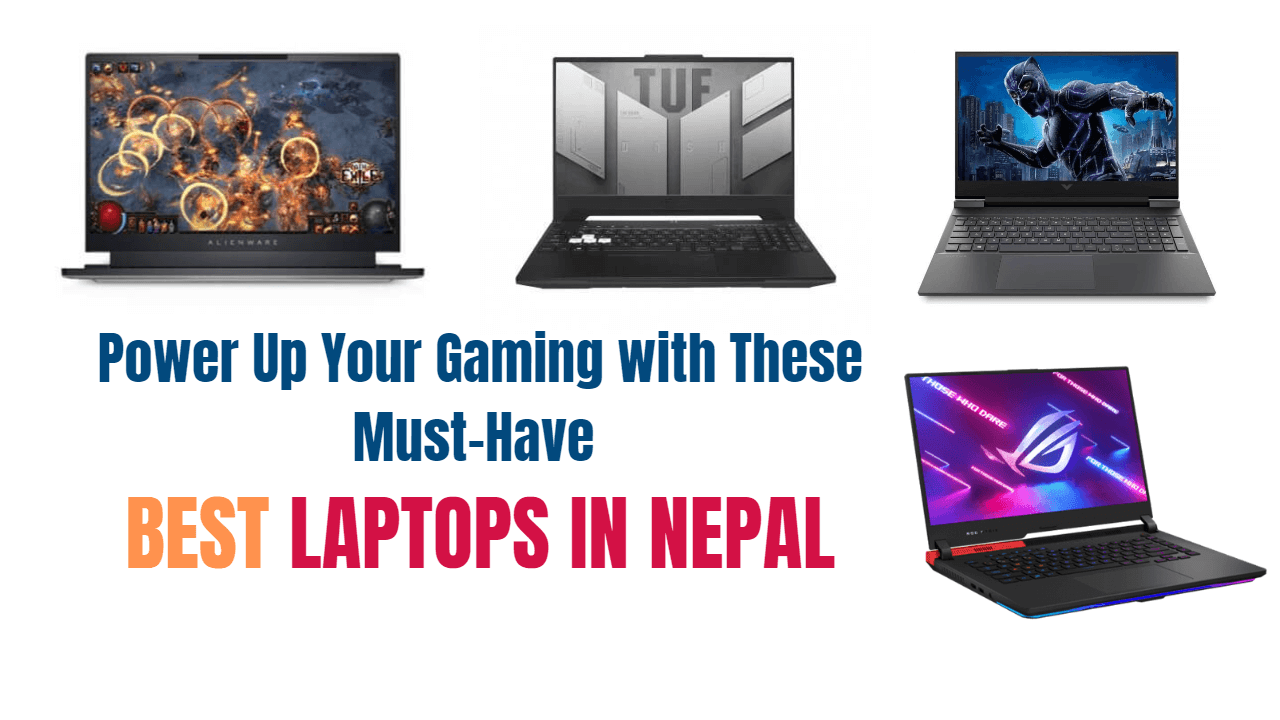Top 10 AI Marketing Apps & Benefits – Power of Artificial Intelligence
2 years agoWeb3: From Blockchain, Crypto to NFTs, and the metaverse
4 years ago -
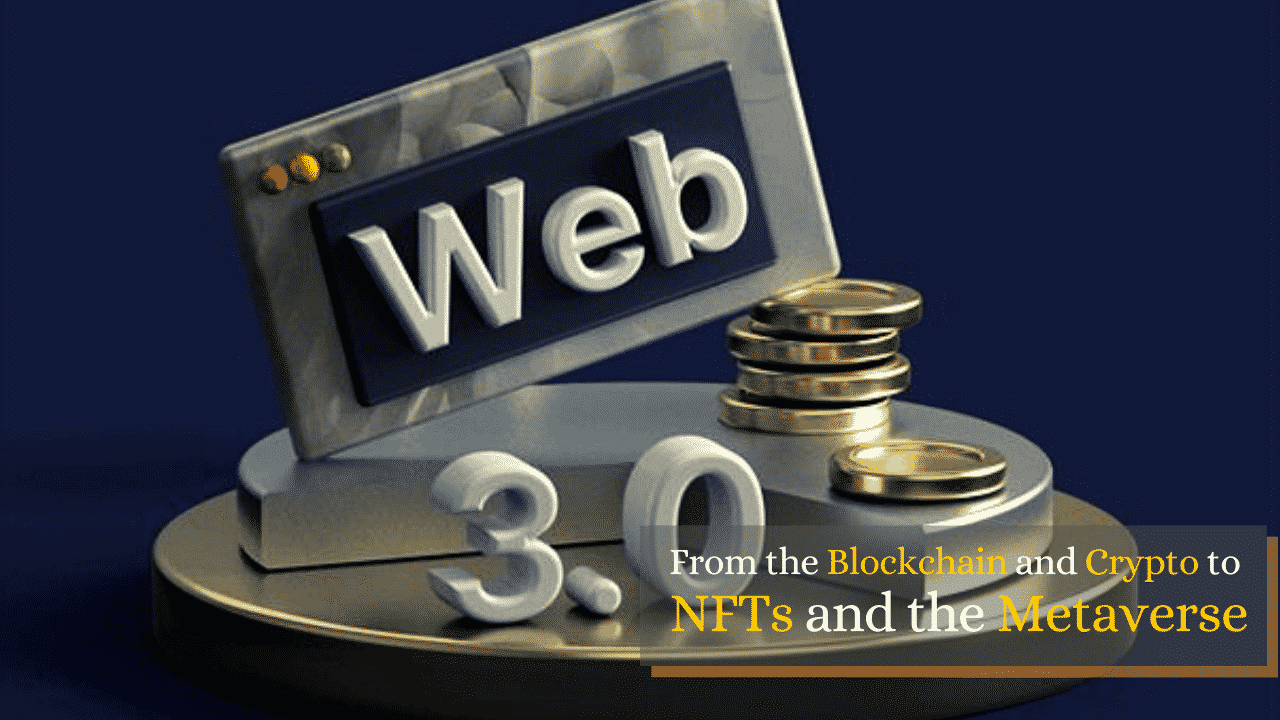
Are you new to Web3, Blockchain, Crypto, NFTs, Metaverse, etc.? It can all be overwhelming and confusing. Here’s a thread to help you get oriented and started.
Let’s take a step back and first talk about the progression of the Web.
1. Web1 (static web)
- We got online with browsers like Netscape
- Limited access to information; no user interaction
- One-way traffic with content created by few
- Hard to search for content
- CONNECT through email
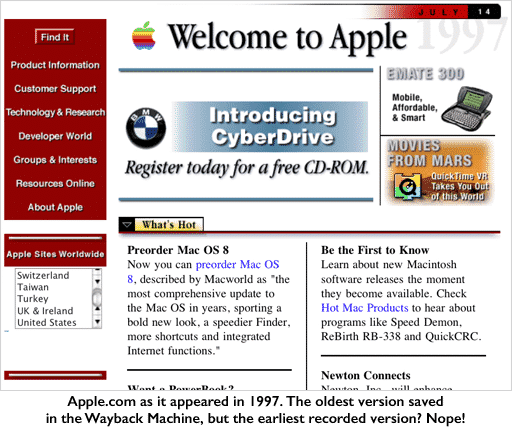

2. Web2 (social web)
- Technology changes enabled interactivity
- Led to platforms like Facebook and YouTube
- Beginning of distribution and sharing of consumer-generated content
- Algorithms to access content (Google)
- Mobile computing
- CONNECT via online communities
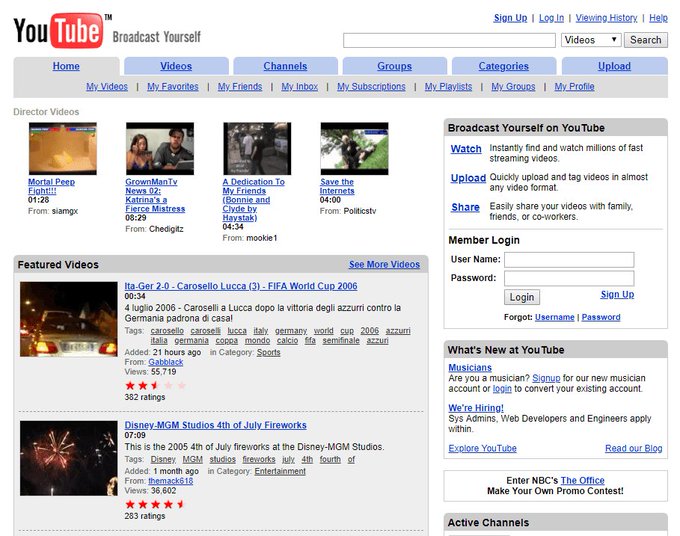

3. Web3 (referred to as “semantic” web)
- Emphasis on improving Web2’s limitations.
- A major transformation in technology infrastructure.
- Key theme: Decentralization
- technology to enable better communication between users and machines (Artificial Intelligence)
- focus on user empowerment
- trust, security, and privacy
- decrease power of large centralized organizations
- improve 3D visuals and graphics
- CONNECT in virtual worlds
* Web2 allowed us to interact with content on the Internet.
*Web3 facilitates immersion in the content and enables us to become active contributors.

Web 3.0 is the ‘upcoming and next-generation of the internet where websites and apps will be able to process information in a smart human-like way through technologies like machine learning (ML), Big Data, decentralized ledger technology (DLT), etc. Its basic idea is to take the internet and add blockchain technology to everything.
Web 3.0 was originally called the Semantic Web by World Wide Web inventor Tim Berners-Lee and was aimed at being a more autonomous, intelligent, and open internet.
The Web 3.0 definition can be expanded as follows: data will be interconnected in a decentralized way, which would be a huge leap forward to our current generation of the internet (Web 2.0), where data is mostly stored in centralized repositories.
Furthermore, users and machines will be able to interact with data. But for this to happen, programs need to understand information both conceptually and contextually. With this in mind, the two cornerstones of Web 3.0 are semantic web and artificial intelligence (AI).
Web 3.0 will be born out of a natural evolution of older-generation web tools combined with cutting-edge technologies like AI and blockchain, as well the interconnection between users and increasing internet usage. Apparently, Internet 3.0 is an upgrade to its precursors: web 1.0 (1989–2005) and web 2.0 (2005 to present).
** Web3 is still developing and this was only meant to provide a brief overview to provide a framework for where to start. **
Let’s start:
STEP 1: Preparation
- Be patient and be willing to be a beginner.
- There is a lot of information and it’s impossible to take in everything.
- A NARROW FOCUS is key to start, otherwise, you will be overwhelmed out of the gate.
STEP 2: Learn the terms
- We “observe” the world in language.
- So, get familiar with the key distinctions (no need to be an expert).
- If there was any term above you didn’t understand, do a simple Google search.
- You might start with a search for Semantic Web!
The examples of terms are Blockchain, Cryptocurrencies, Bitcoin, Tokens, Decentralization, Ethereum, etc.
STEP 3: Diving in
- Spend a little time to learn about: – NFTs, Metaverse, Crypto, Dapps, Defi, DAOs
- Then PICK ONE to start. Anyone. Perhaps one that interests you the most.
If you choose NFTs, then start research on nftnow.com.
Some other sources:
For Crypto: http://coinmarketcap.com
- You can get information on all cryptocurrencies and tokens.
· Price
· Market cap
· What it does
· Where to buy, etc.
- You can also search by categories like NFT, Metaverse, and Defi.
For NFTs: https://opensea.io/explore-collections
- This is the leading marketplace for NFT transactions.
- You can peruse what’s available for sale by category: art, music, collectibles, etc.
Facebook’s rebranding into Meta wasn’t simply a change of name. We know how the rebranding redefined the company’s role into a platform that is helping make crypto space more inclusive. How? Metaverse, along with Defi (decentralized finance) and NFT (non-fungible tokens), have a real-world use case while being in the virtual world.
Metaverse
The Metaverse is supposed to be a fully immersive space of virtual reality. Virtual avatars will traverse through this digital environment in a more participatory way. It’ll help users socialize beyond sharing images and documents. From pre-screening real estate property by examining them in virtual reality to buying homes through tokens, the Metaverse allows it all. Metaverse tokens, including MANA, GALA, and more, are rising in popularity due to their uses. These tokens are transactional entities that can be used to trade in virtual marketplaces in the Metaverse environment.
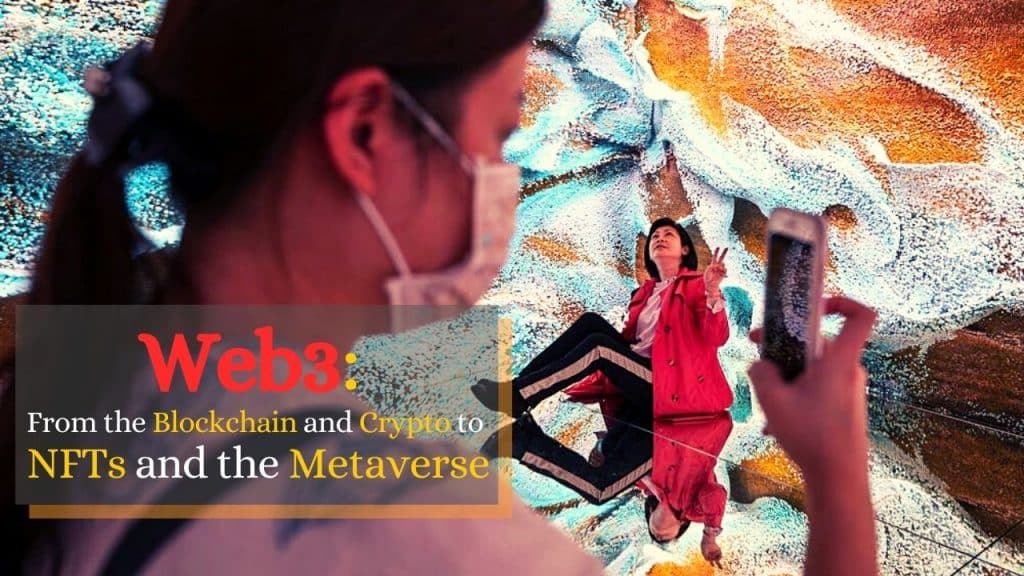
NFTs (Non-Fungible Tokens)
NFT or Non-Fungible Tokens are not just about selling and buying digital artwork. They have a widespread set of real-world use cases as fashion brands and corporate companies are beginning to promote themselves by distributing their NFTs. From social media posts (remember Jack Dorsey’s first tweet that sold for $2.9 million?) to celebrity assets, NFTs are the way to trade all of these items while retaining the original authorship of the product. NFTs have given gaming platforms a new lease of life as players have started to “play to earn”. Today, games can help users earn NFTs that can be traded on marketplaces for higher prices. NFTs overlap with Metaverse in their use cases. Gaming assets in the Metaverse case be traded as NFTs with the help of Metaverse coins.
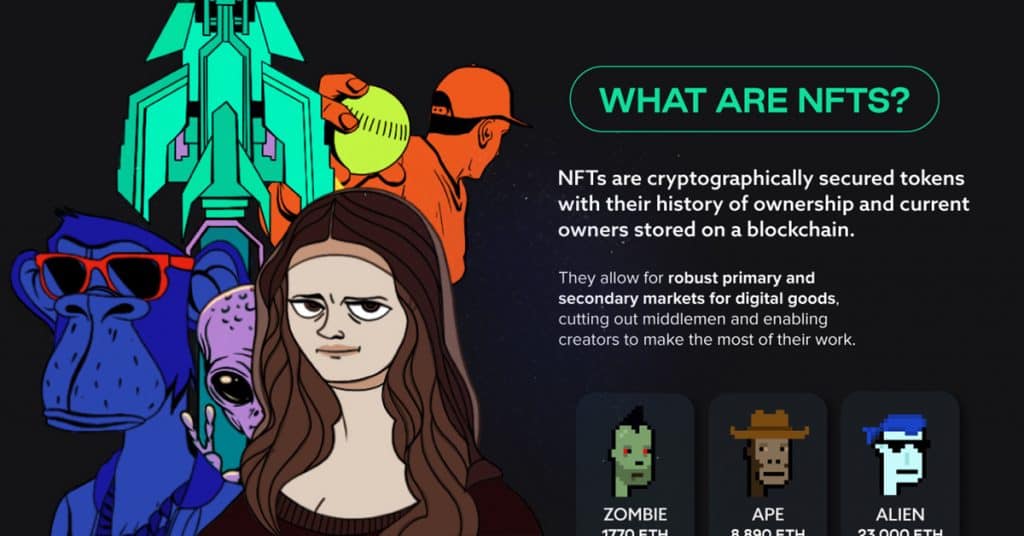
Defi (Decentralized Finance)
To use the Metaverse coins or tokens, you’ll first have to buy them. You can do it by going through a loop of fiat currencies and bank intermediaries. But that’ll spoil the whole point of a decentralized trading mechanism. That’s when decentralized finance or Defi comes to play. Through Defi networks, you can easily buy or sell your Metaverse tokens using smart contracts, P2P transactions, and more.
All the components — Metaverse, NFT, and Defi — operate over the blockchain.
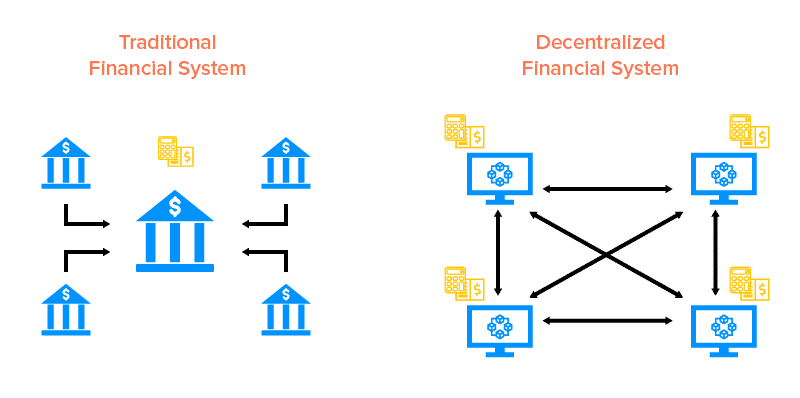
In the next era of the internet, you won’t have a social account for each platform. Instead, you’ll have a single social account, able to move with it from Facebook and Twitter to Google, shopping websites, and more.
Your moves may be cataloged on the same digital backbone that supports cryptocurrencies like bitcoin — blockchain — instead of massive corporate servers like Amazon Web Services. And this new iteration of the internet won’t be controlled by a central power, meaning no single entity will govern it as Facebook, Google, and others govern their empires.
Like so many other ponderings about the internet’s evolution, Web3 is still merely a thought, or perhaps even vaporware, a name for ultra-hyped tech that has yet to materialize.
But supporters say it, like cryptocurrencies and the metaverse is the future.
One of the features of the metaverse is – “the users will hopefully be able to go virtually from platform to platform with one single account which is just like in Web3”.
One of the kind tokens, NFTs represent your ownership of a virtual good, could be more easily bought and sold with cryptocurrencies within a space like Web3.
Web3 exists on the blockchain, a virtual spine built by a network of computers housing data that’s open to the public (Ethereum is an example of a blockchain, though it also has its cryptocurrency called Ether.) The idea is that if you participate in Web3, such as perhaps posting a photo on a network that lives on the blockchain, you’ll get a token, as NPR reported. That token will give you a stake of ownership and will let you weigh in on decisions made on said platform, such as whether a certain post containing misinformation should be removed.
That could be a big departure from how internet platforms operate now and make their own rules and carry them out online, including conservatives with unproven allegations of censorship. That’s is why Web3 could be a balm for monopolistic business practices and antitrust woes.
At the end of 2021, Jack Dorsey trashed the buzzy tech trend known as “Web3” to be careful and banish it as a tool for venture capitalists promoting cryptocurrency. The author, Tim O’Reilly, who coined the phrase Web2.0 in 2004, also warned it was too early to get excited about Web3. Tesla CEO and bitcoin enthusiast, Elon Musk trolled simply as “Web3 sounds like bs.”
But venture capital firms and large corporations are already investing time and money into building it out.
So, is that true? The hottest tech buzzword is Web3. Still, it is evolving and amorphous rapidly which means it often changes depending on who’s talking about it.
Web3 is characterized by internet services and mobile apps which are rebuilt on decentralized blockchain technology.
One of the advocates of Web3 says that building on blockchain technology will force companies to be inter-operable and give property rights to users (the ability to own the piece of the Internet). However, Skeptics argue about it. That is because VCs are so heavily invested in bitcoin & the mechanisms upon which Web3 is based.
Facebook’s rebrand as Meta in October with tech giant’s renewed support of cryptocurrency, likely Web3 ideas about blockchain and decentralized technology.
McCullough, host of the “Techmeme Ride Home” podcast told CBS News, “Web3 is a repackaging of some particular technologies”. “Blockchain went down a kind of tech culture cul-de-sac and consumers got tired of the hype. Traditional crypto never became currency; NFTs became this cultish thing, and VR has been ‘the next big thing’ for decades. Web3 is a brand that knit all these ideas together into a plausible whole.”
McCullough says Web3 is hot now because Silicon Valley influencers like Dorsey and Musk and Andreessen Horowitz and other venture capital firms started talking about it after the Facebook pivot. “The tech’s not new,” he said, “but the marketing is.”
Web3 is Made for Businesses, not for consumers
Ignore the Web3 hype and focus on business tech, said TechRepublic editor-in-chief, Bill Detwiler. The core blockchain technologies that power Web3 are “real and powerful and made for the enterprise, maybe not consumers.”
Big giant companies like Amazon, Google, Oracle, Microsoft provide data storage, software-as-a-service, and computing power. Ethereum and Web3 pioneer Gravin Wood envision a new economy built around blockchain where individuals can provide services directly to each other, and no entity owns or has controls of the system, also the ability to trade items of value exists inherently within the system.
But revolutionary decentralization? That’s a long way off, Detwiler said.
“Wood’s vision will require larger social, political, and economic shifts. Enterprise companies today use blockchain to track how lettuce gets from the farm to the supermarket,” Detwiler explained. “It’s not revolutionary, but it’s real.”
Musk, Dorsey, and other big tech founders may have their reasons for the hype or attack Web3, said Drew Olanoff, a startup analyst and former TechCrunch VC reporter. “It’s fun to watch them spar on Twitter, but don’t take it seriously.”
“Right now, Web3 tech is still primitive. It’s plausible that blockchain tech along with AR and VR could become the next big thing, but not today.”
Related articles:
What is Cryptocurrency, its types and How does it work?
The future of AI in Digital Marketing 2022
What is the emergence of Cloud Computing in Nepal?
Are Dogs taking over Pretty girl’s face for Marketing?
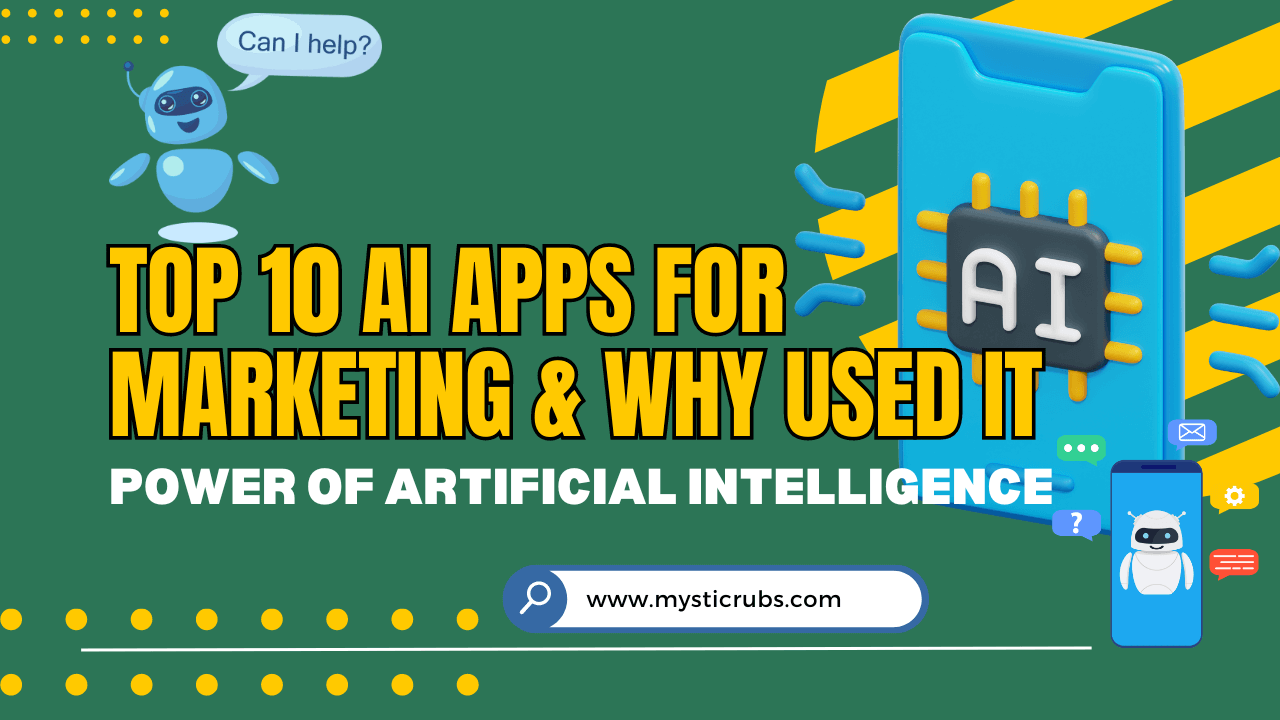
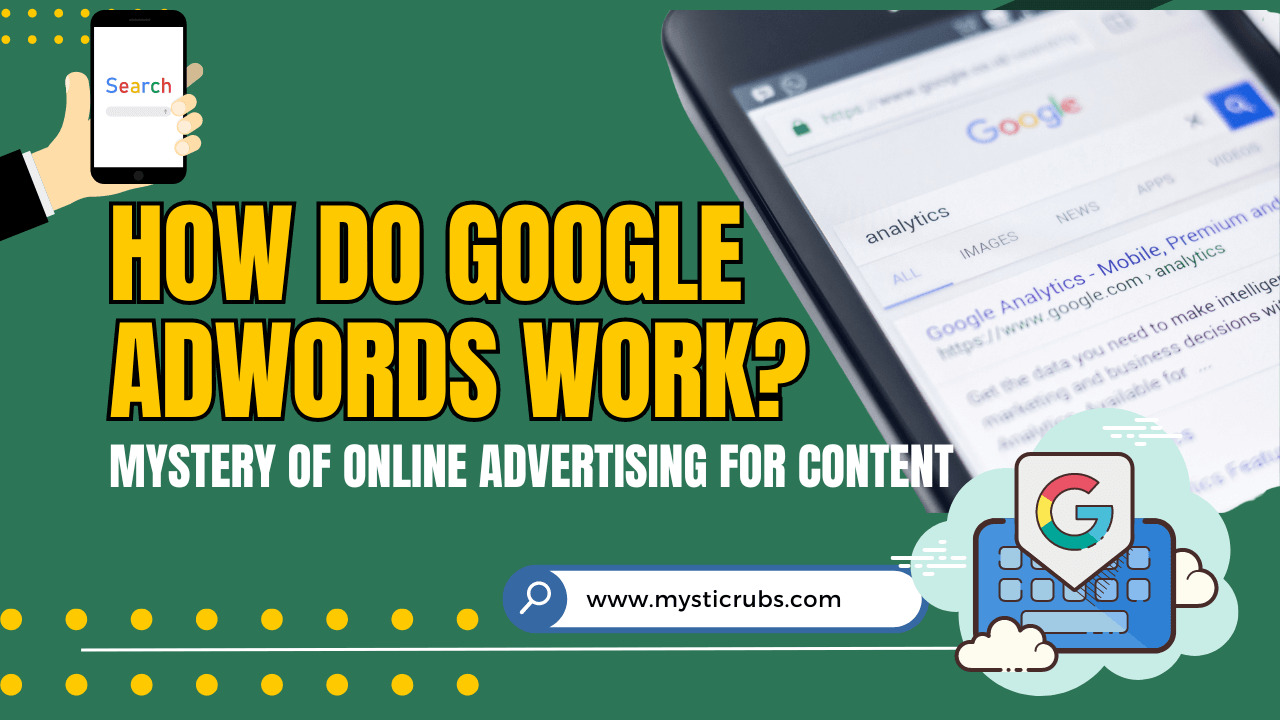
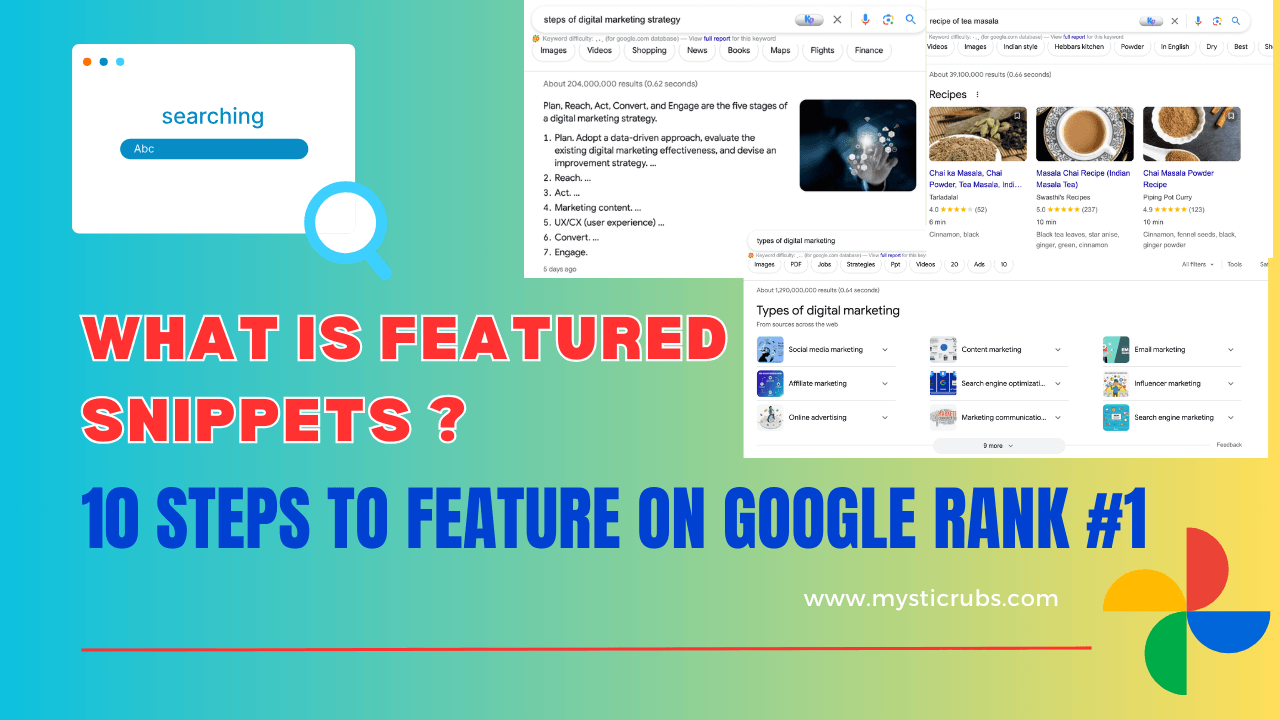
![[2025 Updated] Top 10 Digital Marketing Agencies in Nepal Ranked!](https://mysticrubs.com/wp-content/uploads/2022/05/top-10-digital-marketing-company-in-nepal.png)
